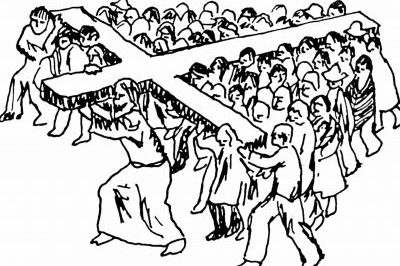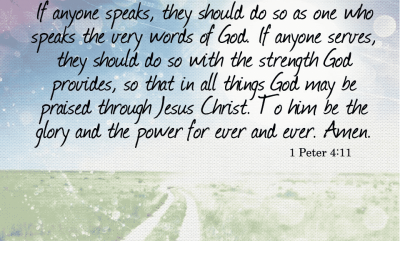I think one of the key skills of pastoral counseling would be the integration of spirituality into the counseling process. One key way in which this integration could be demonstrated is with a client who is having difficulty in a relationship and needs to work towards forgiveness of a past hurt. Now, if a pastoral counselor were to use a strategic approach to counseling, she would focus solely on the resolution of this one particular issue. She might use scriptures or other spiritual readings to help the client come to a better understanding of what forgiveness does and what its intended purpose should be (namely, the healing of the person who is doing the forgiving and the mending of that relationship). Of course, there could also be the incorporation of cognitive behavioral therapies (like those used by clinical counselors) so that the client may change his or her thought process and so be less incensed about the perceived wrong, in addition to developing a spiritual understanding of the act of forgiveness.
I very much believe in the use of spiritual resources in the practice of pastoral counseling, such as the book Born Only Once, which deals with the process of somebody becoming an affirmed person. The idea here is that only by becoming an affirmed person can an individual truly become him- or herself and have balanced and healthy relationships. However, it is only through a real relationship with another who is an affirmed person that this individual can become affirmed in the first place; all he or she can do is to allow for this process to take place in which that other person can give him or her the “gift” of him- or herself. Another example could be the use of spiritual inventories or books about virtue or developing relationships with saints who may have struggled with similar issues as the client struggles with.
As regards one of my own personal interests within the counseling profession, marriage and couples counseling, to include marriage preparation, I believe pastoral counselors have a distinct role to play. Many secular counselors ascribe to no religious faith or practice, which would be a distinct disadvantage for religious couples that may feel misunderstood for their potentially counter-cultural practices, such as firm opposition to divorce and openness to life no matter how many children they already have. As a pastoral counselor, then, my focus would very much be on how to improve communication and argumentation without even considering suggesting divorce. I also might recommend spiritual reading that discusses the nature of marriage, such as Pope St. John Paul the Great’s Love and Responsibility or Fulton J. Sheen’s Three to Get Married. Again, many secular counselors would also work to teach better communication, but there still is the potential for misunderstanding due to differences in beliefs about the purpose of marriage and of life itself.







